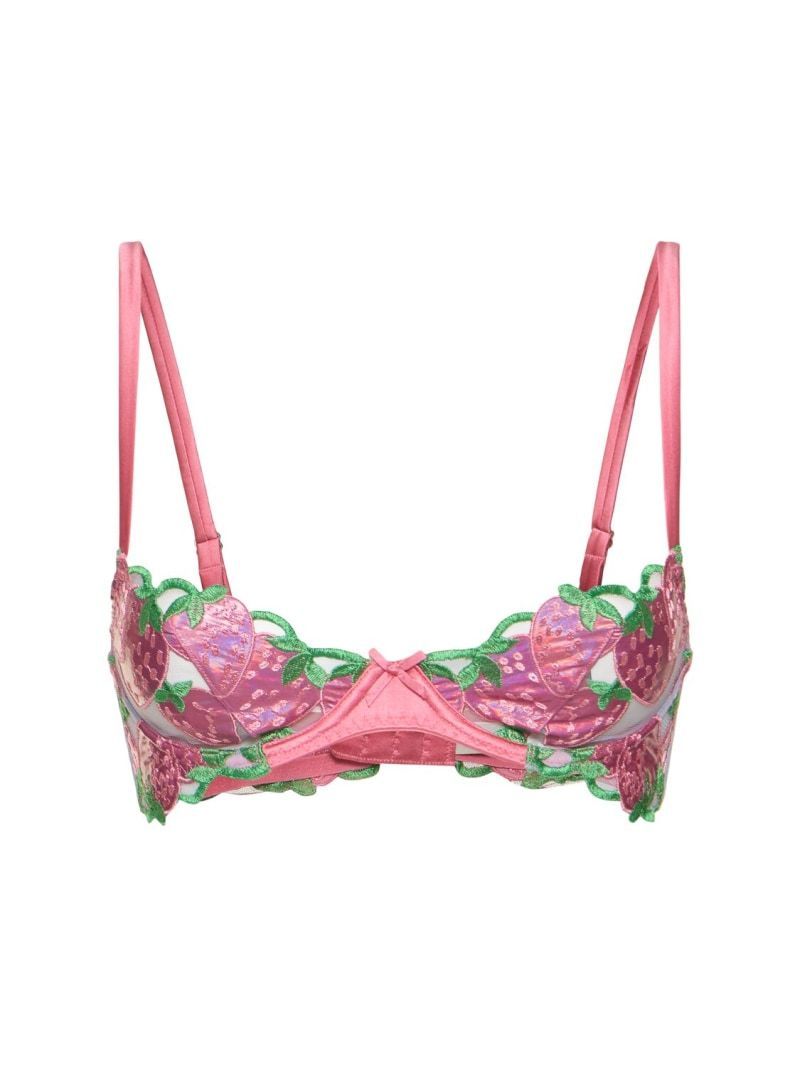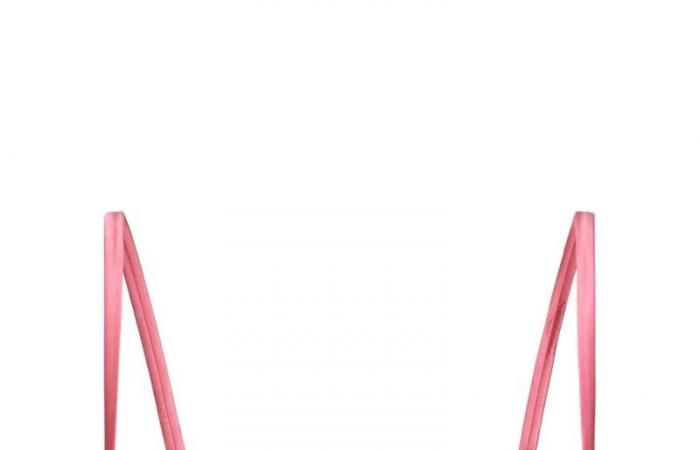The first of the essays would be enough, the one on aging, written by Susan Sontag and contained in On women (Einaudi Stile Libero 2024, translated by Paolo Dilonardo) to explain the contemporaneity of this intellectual’s thought, even after fifty years. That’s what I thought the first time I read it, but Merve Emre’s introduction to the Anglo-Saxon edition and Benedetta Tobagi’s introduction to the Italian one also contain similar statements.
It must be said that the persistent contemporaneity, beyond the passing of the years, is not an unprecedented trait in itself when we talk about twentieth-century feminism: we are used to the republication of feminist essays written during the last century, from The sultans And The Italians confess by Gabriella Parca (nighttime), a Let’s spit on Hegel by Lonzi (The Turtle), a The second sex by Simone De Beauvoir (Il Saggiatore, this one, fortunately, never went out of print) and the release of new books that investigate its practices and stories (Clandestine by Marta Stella, Bompiani, e Doing feminism by Giulia Siviero, at night). Everyone (or almost everyone, with the exception of Ludovica Lugli in the preface to The sultans) are accompanied by the disclaimer that, despite these documents being of primary historical interest, they are still o Alas current. Sometimes this is a sign of a backwardness of the time in which we live, of an absence of reform of customs, of a failed revolution; sometimes of the fact that feminist thinking was ahead of its time or managed to bring out some essential element of human society.
In the case of the first essay I cited, Growing old: two weights and two measures, Sontag expresses something profoundly true about society’s double standard regarding aging men and women. She writes: «Aging is, more than anything else, an ordeal of the imagination – a moral malaise, a social pathology – which essentially afflicts women much more than men», because «in a woman’s life, physical attractiveness matters much more than in that of a man, but beauty, always identified in the case of women with youth, does not stand the test of time well.” Women, he comments, «become old as soon as they are no longer very young», that «there is, in fact, a unique and prescriptive model of female beauty: the lass» and that, even if that model is achieved, it is then up to us to take care of it «to prevent it from becoming stronger, hardened and fatter». I wrote “profoundly true”, but I don’t know if it is more correct to say that things simply have not changed enough, that perhaps in another social organization the age of the woman would matter less, but the fact remains that the bodies those who are young and thin remain the most appreciated, regardless of the body positivity of recent years (someone said that every time women seem to achieve some social progress, it becomes fashionable to be thin again, so that either we have no energy or we have to use it to stay thin – it is an ironic statement, but not entirely false); and, as regards ageism, we have fought it by making old age “productive” and attractive, so even getting old is something that we must learn to do well (and, as far as I’m concerned, on the obsession with being or remaining girls, I wrote a book about it, I feel like it’s a pressing issue).
Good, but let’s broaden our gaze on this collection which contains scattered essays and interviews, that is, which was not conceived a priori by Sontag: we find a reflection on the “Third World of women”, on the ways of achieving equality with men without assimilating the concept of feminist struggle to that of class struggle and questioning the very nature of power «since throughout history power itself has been defined in “sexist” terms», where Sontag adds that «the predominance of men over women is advantageous for men; women’s liberation will come at the expense of male privilege. Perhaps only later will men also be happily liberated – freed from the annoying obligation to be “masculine”».
In two others he talks about the ambiguity towards beauty («“The privileges of beauty are immense”, said Cocteau. Of course, beauty is a form of power. And rightly so. What is deplorable, however, is that it is the the only form of power that most women are encouraged to pursue.” As if to say: it is a power that does not translate into anything other than in itself) and the paradox that it is “innate”, but also “acquirable” and certainly to be “preserved” with every possible means and effort, in a myth that “has imprisoned women, since it has been associated exclusively with them”.
In short, we can see that Sontag’s thought occupies respectively all the positions listed at the beginning (it is ahead of its time or ours have stopped, it is acute, etc.), but, sometimes, also their reverse; her ability to inhabit and understand the time in which she lived at times makes her a stranger to us, because the demands and demands on feminism and cultural criticism have perhaps changed. Is feminism a political struggle on which we must stand together? Is it possible to occupy different positions as public intellectuals without betraying the cause? Is there a common cause or is it an imposition that there is? Is feminism always expressed through the political surrender of the personal or does it exist as a collective discussion detached from the personal nature of those who participate? I wrote that “maybe” they have changed, or maybe not, but Sontag’s statements and attitudes are still divisive, for some she is too inclined to identify with the “masculine” or incapable of integrating thought with practice. To understand Sontag’s divisiveness (often treated as something that, at best, should be excused) one must read the essay – and its responses and counter-responses – on Fascist charmdedicated to the very problematic consideration of Leni Riefenstahl’s cinema and the failure to reject the fascist imagery, well present in the culture of the time (but also in this one).
Precisely starting from this essay and the criticisms made by Adrienne Rich (contained here together with Sontag’s replies) we can better understand her intellectual character. The criticisms center around her irreducibility to take radical positions (to which she replies: «I don’t like party lines. They generate intellectual monotony and bad prose») and her desire not to be openly autobiographical, to the limit of denying parts of herself (it wasn’t entirely like this for her, who in fact, responding to Adrienne Rich’s critical request to «simply see this woman’s mind face a deeper complexity starting from a solid emotional base» writes that it challenges «anyone who reads what I have written without grasping its personal, if not even autobiographical, character, I much prefer that my essay be judged as an argument and not as an “expression” of anything, including my most sincere feelings.»)
Tobagi recalls that Sontag never declared her homosexuality publicly, the “secret known to all”; and it is known that in Illness as a metaphor do not talk about your experience as a breast cancer patient; if not all the personal is political, not all the political must be rooted in the personal, but it is true that only by reading her diaries (which were therefore not public) can one understand this split in Sontag – I don’t mean this as an excuse, but a way to reach it.
What I mean to say is that not everything an intellectual writes has the duty to say how it is correct to act and, like every human work, it is vulnerable to error, to criticism (after all, even Sontag admitted: «I would never describe myself as a liberated woman. Things, of course, are never that simple.” When she says that the fact that women give birth “certainly does not prove that women and men are fundamentally different” this goes hand in hand with her annoyance at those who asked her, when she was separated, with a career and with a child, about the “alleged difficulties of being a woman and an independent person at the same time.” These essays are one of the places in which we see Sontag’s intelligence unfold, but his, like everyone else’s, should not be considered a genius, that is, an intelligence free from conditioning, from ties – even if perhaps this was the his attempt, to assert rather than squeeze – but the fruit of the situation from which it emerged, with the limits and resources that these limits have given it, in addition to the luminous quality of reasoning. Light On women it is a pleasure for the mind, sometimes also because it produces intense reactions in those who browse it, in which what is written is agreed, rejected, partially accepted: that is, it is discussed, which is the best that science can do. criticism.
4 MUST HAVES TO BUY FOR 2024
The Attico Midnight clutch bag with crystals

Fleur Du Mal Strawberry bra with embroidery

Oribe Valley of Flowers hair perfume









